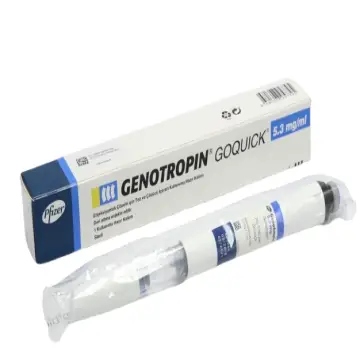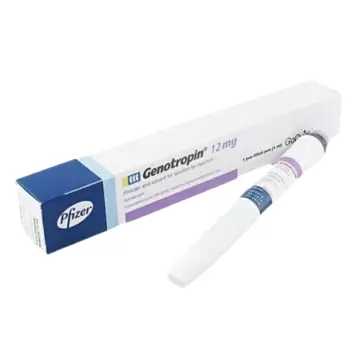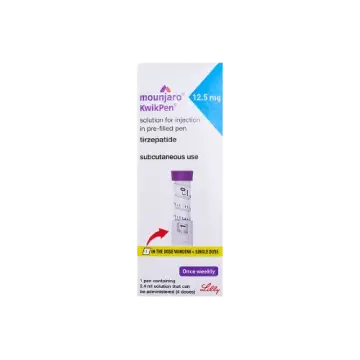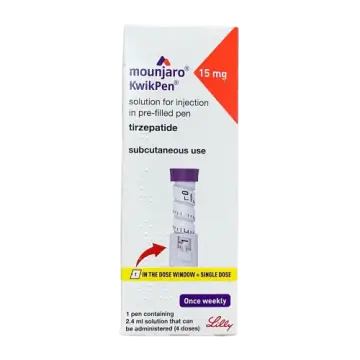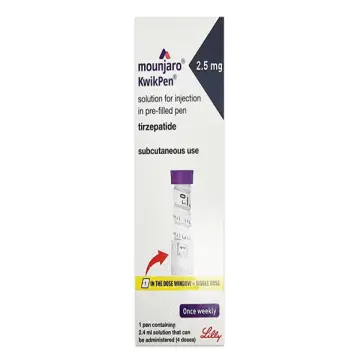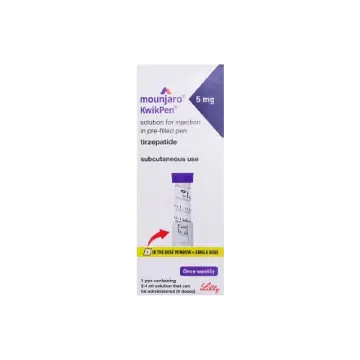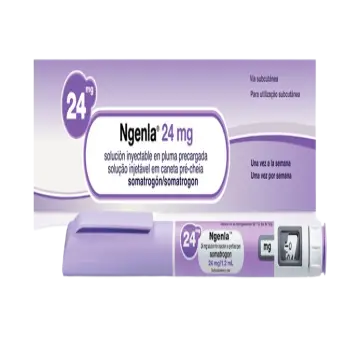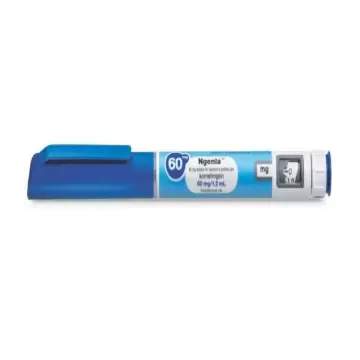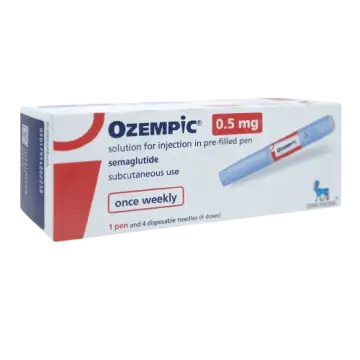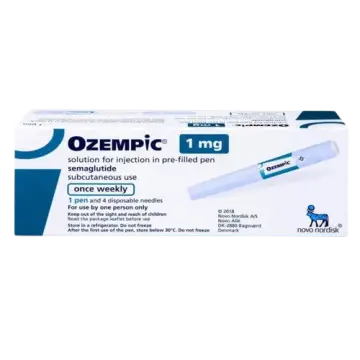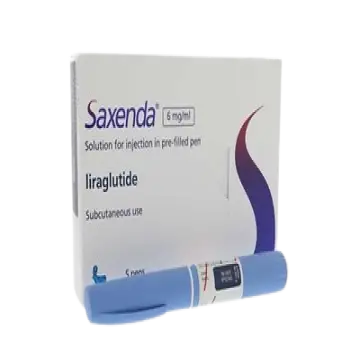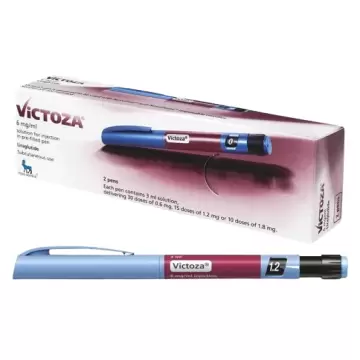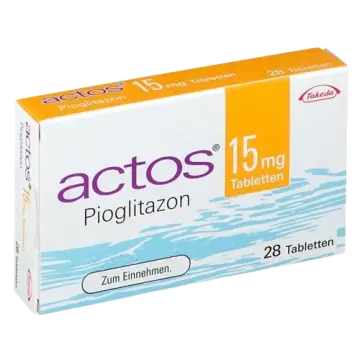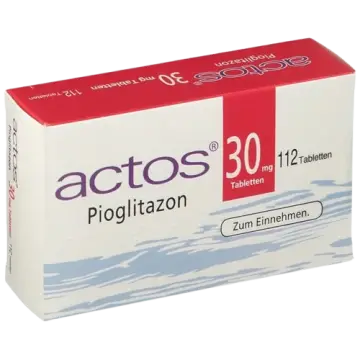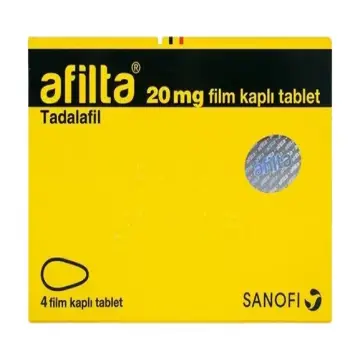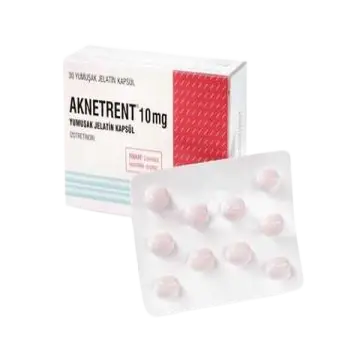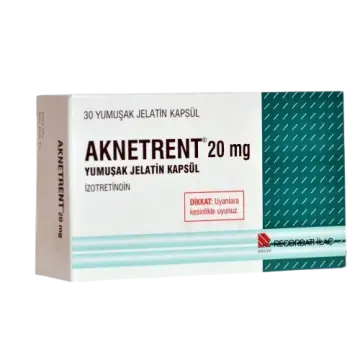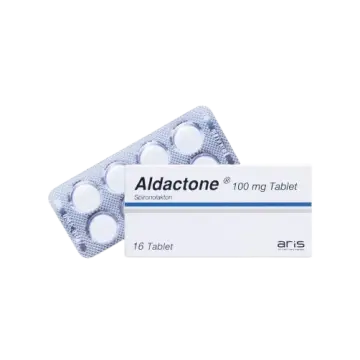What is a Pharmaceutical Grade Chemical?
PHARMA GRADE is one of the most well-known anabolic supplement brands. They've built a reputation for quality and trust among their customers all over the world by offering a diverse range of items and preparations, as well as oral anabolic steroids, to fulfill any need and help athletes of all levels and interests achieve their goals. PHARMA GRADE has a track record of fast shipment and delivery thanks to a global network of warehouses. Product quality is ensured by third-party testing and an authenticity code printed on each product that can be verified on their website. This category involves unique steroids for bodybuilders at the cheapest prices.
What is a pharmaceutical-grade chemical? This is a question that has been asked many times before. In fact, in recent times, it has been even more important to make sure that the drugs that are being manufactured are pharmaceutical grade. After all, we all know that pharmaceuticals are often given to people who need them the most. So, when a drug needs to be effective for a much longer period of time, it really helps to know which chemical is going to work the best.
When you look at what is a pharmaceutical-grade chemical, there are two main categories. First off, there are those that have been standardized. These pharmaceuticals are going to be the lowest priced and the ones that will be most effective. However, it has to be noted that not all pharmaceuticals fall into this category. Some pharmaceuticals that are used for some ailments don't meet the standards of what is a pharmaceutical-grade chemical. You can find this out by checking with your pharmacist.
Then, of course, there are the unstandardized chemicals. There are actually quite a few of these out there, although not as many as the standardized chemicals. These unstandardized chemicals are going to be what you might call a B-complex of vitamins and minerals. They will provide a healthy level of things that are necessary to the body. But, they are not going to be as effective as the ones that are in the pharmaceutical category. Unfortunately, these are not studied nearly as much because there just isn't enough of a demand for them.
Now, when it comes to what is a pharmaceutical-grade chemical, you also have to take into account what is in it. For example, when a chemical is being manufactured, some impurities are introduced to the final product. Those impurities, when introduced, can reduce the effectiveness or even be dangerous to people if they interact with other compounds in the final chemical. In order for a chemical to be considered a pharmaceutical-grade chemical, all of those things need to be present.
So, what is a pharma grade chemical? Any chemical that meets these conditions, and a few others, is what you're looking for. In most cases, if the chemical is well known, it is a pharmaceutical-grade chemical. When a new chemical is being manufactured, it will most likely not be.
So, what is a pharmaceutical-grade chemical? Any chemical that meets the requirements listed above, and a few others, is what you're looking for. While it might be difficult to choose one that meets all of the requirements, it's something that can be done easily. Check with your pharmacist for more information.
What is the Pharmacy Company Category?
A question that is often asked by those who are in the field of Pharmaceutical Engineering is what is the meaning of the term 'Pharma.' It is generally understood that this is a branch of medicine that deals with the manufacture and development of medicines. All other medicines are manufactured and marketed as medicines under this branch. The scope of pharmaceutical engineering includes all the products that are used for the medical treatment of a patient. It also includes various pharmaceutical instruments and technologies. Various concepts such as genomics, biotechnology, etc., are also associated with this field.
A large number of medicines are manufactured and marketed under the name of 'Classifications of Pharmaceuticals.' These include therapeutic agents, antiviral and anti-bacterial medicines, genetic therapies, metabolic and nutritional therapies, cell and tissue cultures, veterinary medicines, and endocrinology. Therapeutic and diagnostic products falling under the domain of Nanoscience are also manufactured. A large number of generic drugs are manufactured under the generic name. They are made from the active ingredients of natural and synthetic organic chemicals.
The medicines in the Nanoscience group are produced on a smaller scale using the required chemicals. Hence, these drugs have fewer side effects and thus are preferred by patients. The categories of medicines in this group include Biological Oxygenation Technologies (BIOT), Biotechnological Medicines (BM), Nanoscience-based Therapeutic Drug Manufacturing (NBT), Nanoscience Therapies (NSAIDs), Nanoscience Therapeutic Devices (MT), Biocompatible Nanoscience (CNP), Nanoscience Products (NP), and Nanoscience-Based Drug Delivery Systems (NB MDD). Other pharmaceuticals in this group of medicines include Artificial Organism-derived Therapeutic Anti-Inflammatory Drugs (DMARD), Chemotherapy Drugs (CT), Chemotherapy Medicines (CM), Decongestant Agents, Diuretics, Estrogenic Medicines, Hepatitis C, Non-steroidal Anti-Inflammatory Drugs (NSAIDs), Proton Pump Inhibitors, Renal Agents, Vitamin E, Vitamin K, Orthopedic Medicines, Renal Pumps, and Vibration Stimulating Medicines.
Another major grouping of medicines in the Pharmaceuticals are Analytic and Developmental Medicines. These are used to convert the raw materials into useful medicines for treatment. The therapeutic activity of these medicines is measured by their efficacy against diseases. Some examples of these are biotechnology-based medicines that use genetically altered plants and animals as their source materials to produce therapeutic proteins. Others include Biological entities Medicines, which come from nature like chemicals, enzymes, and cells; Nucleic acids, Medicines, which are DNA or RNA molecules; Organic chemicals Medicines, which contain organic compounds as their basic ingredients; and other medicines which are in a class all of their own.
The remaining categories of medicines include therapeutic preparations and products, cryogenic medicines, general medicines, antibiotics and bactericides, specialties medicines, synthetic and hybrid medicines, generic medicines, over-the-counter medicines, reference material, food additives, and food products personal and medicinal products. It should be clear now that the pharmaceuticals industry is a very large market with a wide variety of products to cater to all medical needs. This is further furnished by the various government sectors that support the pharmaceutical industry, such as the biopharmaceutical industries, nutrition, manufacturing, and food and drink industries.
With the advent of new technologies, the manufacturing of medicines has also undergone a tremendous change. Many pharmaceutical companies are working on developing new medicines that can fight against all kinds of diseases and health problems. However, it is important that any kind of medical claims made in the advertisements should be authenticated by FDA (Food and Drug Administration). Without this, there are chances of the advertisement being termed as Advertisement Advertisements rather than medicine. To know more about the different categories of medicines, you may log on to the official website of the United States Pharmacopoeia.
How Do You Know If Something is Pharmaceutical Grade?
When you are purchasing something that is going to be used or consumed, you want to know and understand how the item was manufactured. So, what are pharmaceuticals? This question may have been asked by a health-conscious person and is a valid one. The term pharmaceutical comes from the Greek word phronesis, which means to measure or appraise. This is how do you know if something is pharmaceutical grade.
Pharmaceutical grade refers to the quality of products produced. It also describes the process or method used to create these products. This is very important to consumers, as it ensures that the medicines that they use every day are of the highest possible quality. These pharmaceutical products are carefully controlled in every aspect to ensure that no impurities are left in the finished product. This is to reduce the risk of allergic reaction to consumers, as well as to make sure that the strength of the finished product meets or exceeds the required strength.
When looking into pharmaceutical manufacturing, it is important to understand which products are pharmaceutical grade, as opposed to over-the-counter or generic products. The main difference between the two is that over-the-counter products are typically lower in quality. Generic medicines that are used in other countries may not have had some of the stringent measures that are required in pharmaceutical manufacturing. Some generic medicines have been known to have actually caused death in individuals who consumed them. You want to be absolutely sure that you are using a product that is pharmaceutical grade and designed for your specific needs.
There are several different pharmaceutical manufacturing processes. The first is known as solid dose tablets. This is a tablet form of a pharmaceutical product that is manufactured in its final state without being formed into other tablets. During the manufacturing process, this tablet is coated or sprayed with various chemicals and other substances that will serve to enhance the chemical properties and solubility of the final pharmaceutical product. These chemicals and substances can include alginate, Lortab, glycerin, hyaluronic acid, sodium benzoate, potassium gluconate, tretinoin, and citric acid. Other substances that can be found in pharmaceuticals include antioxidants, analgesics, cholesterol reduction agents, anti-cancer agents, anticonvulsants, and antibiotics.
A second common method of pharmaceutical manufacturing is known as an infusion. In this process, the pharmaceutical product is poured into a container that contains an appropriate amount of medicine or medical product solvents and a carrier solution that will ensure the proper reaction and concentration of the pharmaceutical product. It is common for the pharmaceutical manufacturing process to use an activated plate; this is a plate that is electrically charged with an external electrochemical charge, which allows for the direct contact of the medicinal product with the solvents and carrier solution. This ensures that the right chemical reactions occur with the active ingredients of the product, resulting in the production of the desired product. In some cases, the manufacturer may decide to include in the product a control substance in order to ensure that the finished product is in the right purity and strength.
How do you know if something is a pharmaceutical grade? You can ask your supplier if the pharmaceutical products that they are using are pharmaceutical products. If they cannot answer your question, or give you a reason why the products are not pharmaceutical products, then you need to find another provider of medical or healthcare products. Pharmaceutical-grade products have been formed through numerous different methods of manufacturing. There are several places that you can find out about pharmaceutical products that are pharmaceutical grade.
Worldwide Shipping
US Domestic
EU Domestic & Worldwide
EU Domestic & Worldwide
UK Domestic & Worldwide
UK Domestic & Worldwide


